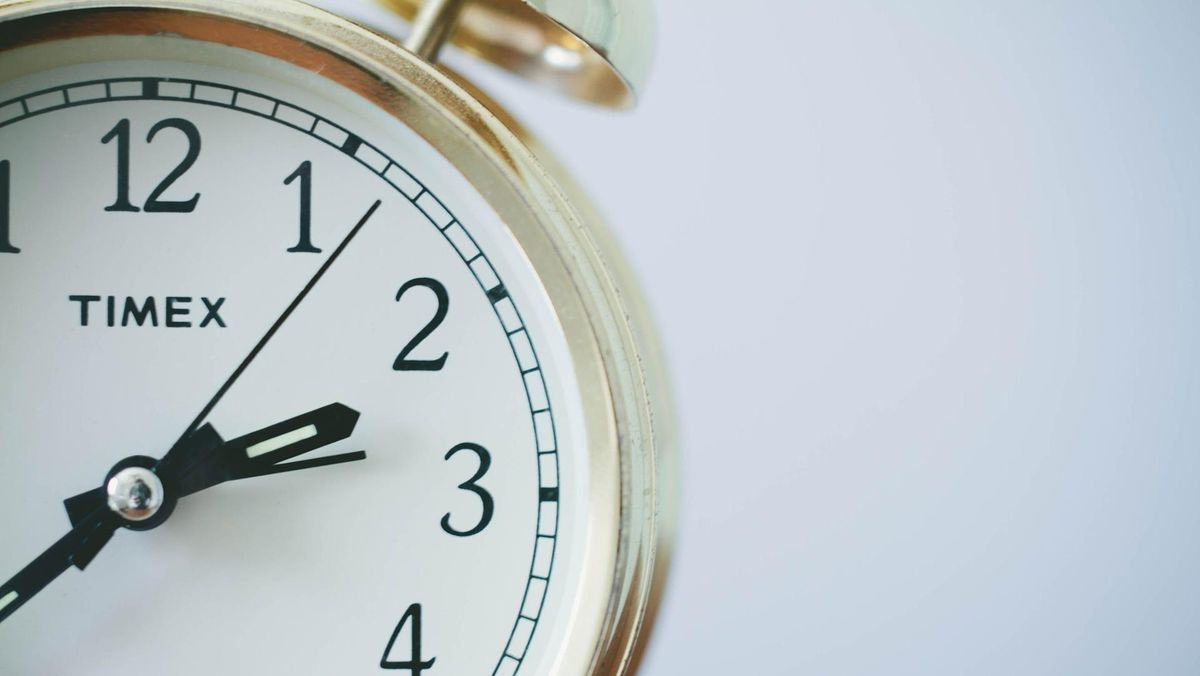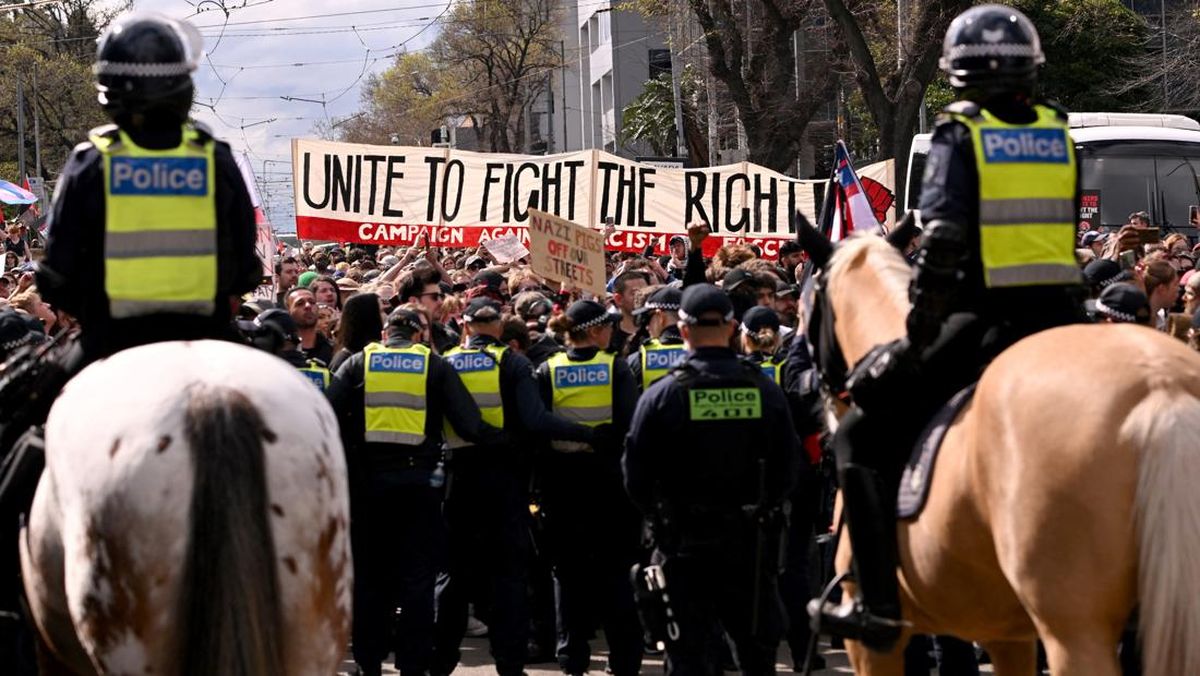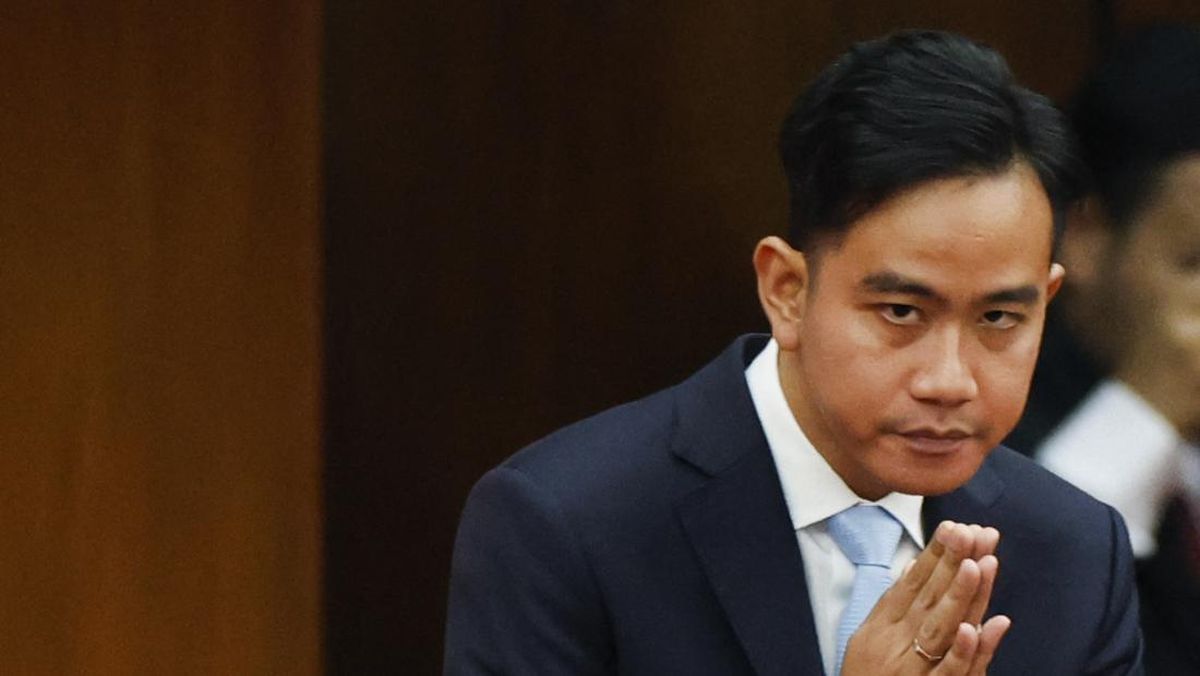Opinion
September 11, 2025 — 12.19pm
September 11, 2025 — 12.19pm
France is again experiencing political upheaval, and is on the verge of a financial crisis after President Emmanuel Macron was forced to appoint his fifth prime minister in only two years.
Sébastien Lecornu will now have to try to formulate a budget that can pass through a bitterly divided parliament, a process that claimed several of his predecessors, including the immediate past prime minister, François Bayou, who was ousted by an unlikely coalition of far-right and left wing lawmakers.
If Lecornu fails - which is likely, given how fractured and polarised French politics are - it is possible that France will be forced into another election. It was last year’s snap election gamble by Macron that produced a parliament that has made France an almost ungovernable state.

Protesters set fires as they blocked highways across France early Wednesday after the government collapsed over proposed budget cuts.Credit: AP
Bayou was trying to take a small step towards stabilising France’s deteriorating finances, cutting spending in an attempt to reduce the country’s budget deficit from an expected 5.4 per cent of GDP this year to 4.6 per cent. His budget included €44 billion ($78 billion) of spending cuts and tax increases.
Had he prevailed, that would still have left France’s fiscal position well above the European Union’s budget deficit limit of 3 per cent of GDP and compare badly with two of the traditionally less fiscally disciplined economies in the eurozone: Italy, where this year’s deficit is expected to be 3.3 per cent of GDP and contracting, and Greece, where there is expected to be a budget surplus.
France’s €3.35 trillion of debt and a debt-to-GDP ratio of 114 per cent – which the French finance ministry has said will rise above 125 per cent by 2029 unless there are significant policy changes --has left it behind only Italy (138 per cent) and Greece (152.5 per cent) in the eurozone rankings of indebtedness. The average debt-to-GDP ratio across the eurozone is 88 per cent.
The Macron era in French politics and history, which promised so much, isn’t ending well
Its borrowing costs have blown out and, with a 10-year bond yield of 3.46 per cent, are the same as Italy’s for the first time since the global financial crisis in 2008, and above that of Greece, once considered the riskiest of eurozone borrowers. The cost of servicing newly-issued debt has risen more than 60 basis points this year.
The spread between the yields on its bonds and Germany’s has blown out to more than 80 basis points, and could widen further if Macron, whose term expires in 2027, is forced to call an early presidential election to try to unblock the impasse in parliament.
The problem for Lecornu, and ultimately for Macron, is that the make-up of the French parliament, where no party commands a majority and the bulk of the numbers are at the extremes, is that the only path to getting a new budget passed is a very narrow one that gives concessions to those extremes, which want higher taxes on companies and the rich, a lot more spending and a lowering of the retirement age from 64 to 62, or even 60. Those demands would worsen France’s already shaky finances.

Sébastien Lecornu (left) is French President Emmanuel Macron’s fifth prime minister in two years.Credit: AP
France already has some of the highest taxes in the eurozone, and social welfare and healthcare spending accounts for a third of its GDP, compared to an average of 27.2 per cent across the rest of the eurozone. Indeed, France’s government spending ranks among the highest in the developed world.
The obvious response to its deteriorating financial position would be to cut spending rather than the raised taxes and spending sought by both the far-left and far-right.
Not only is there insufficient support from more centrist politicians for that course, but this week’s “Block Everything” nationwide protests against any budget cuts show how deeply unpopular any fiscal consolidation would be.
The “gilet jaunes” (yellow vests) movement that erupted in 2018 against Macron’s attempts to cut income and corporate taxes and government spending, while raising fuel excises and the retirement age, demonstrated how powerful those popular protests can be.
Macron, who had been elected president only a year earlier, was forced to water down some of his proposed reforms, cut taxes for lower paid workers and increase pensions, among other concessions.
Loading
The gilet jaunes protests blunted the impact of Macron’s reforms, which had started to lift France’s moribund economic growth rate and lower its unemployment rate, while improving, rather than resolving, structurally unsound finances.
After the street protests came the pandemic, which the government responded to (as did others) with a “whatever it takes” approach to spending; followed by the supply chain aftershocks that ignited inflation around the world and then Russia’s invasion of Ukraine, which caused an energy shock across Europe.
Macron won a second presidential term in 2022 and tried to address the rising deficit by raising the retirement age from 62 to 64, but his party lost its majority in the National Assembly, largely as a result of that policy, and then last year’s miscalculated snap election created the unworkable parliament of today.
A significant financial crisis in France would have implications for the rest of the eurozone and for the institutions that underpin the European Unio
Without a renewed effort to reduce spending and debt, France’s finances can only worsen.
Growth won’t provide a painless exit route from the fiscal trap.
The economy grew at a meagre 1.1 per cent last year and is expected to slow to a rate of 0.6 per cent this year. France needs to run surpluses of at least1 per cent of GDP for years just to stabilise its financial position, which appears a remote possibility.
The country’s political and fiscal challenges are of wider consequences given that it and Germany are the economic and political pillars of the eurozone.
Loading
A significant financial crisis in France would have implications for the rest of the eurozone and for the institutions that underpin the European Union, while any new election would probably usher in a far-right government, one in favour of more government spending, but one opposed to providing aid to Ukraine.
At the moment, France is edging towards a financial crisis, but it isn’t there yet. Without a change in its political settings, however, and the emergence of a majority within the parliament committed to structural improvement in its finances – which seems a remote possibility – it will keep heading towards one.
The Macron era in French politics and history, which promised so much, isn’t ending well, and the outlook for one of the world’s key economies and most influential countries appears likely to be even worse.
Most Viewed in Business
Loading

















































